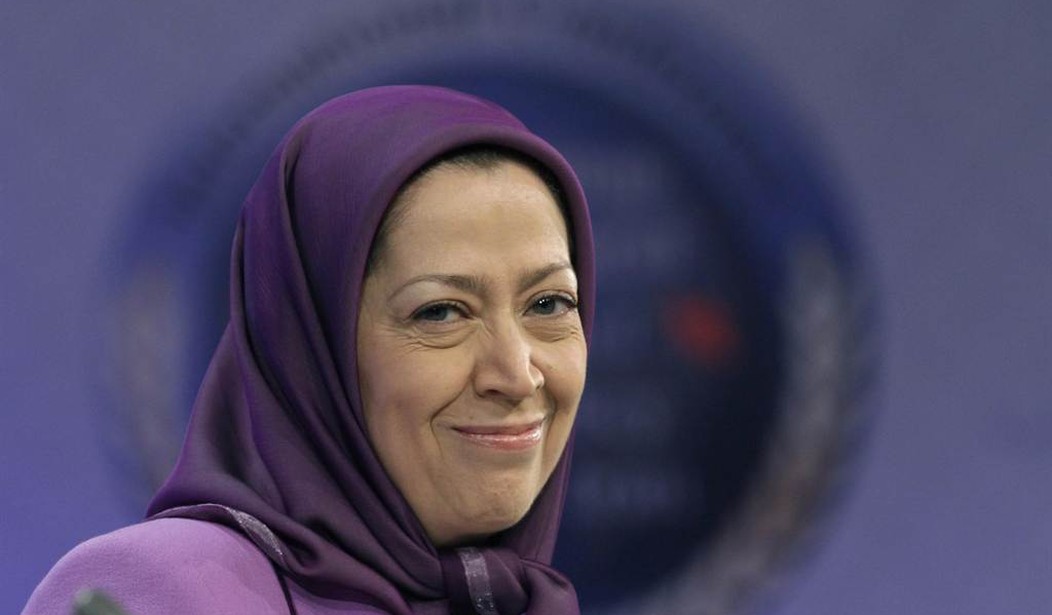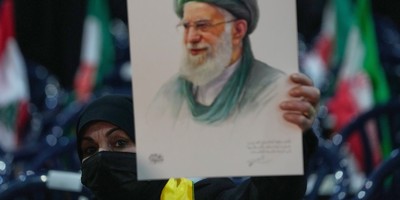Congress shall make no law respecting an establishment of religion, or prohibiting the free exercise thereof; or abridging the freedom of speech, or of the press; or the right of the people peaceably to assemble, and to petition the Government for a redress of grievances. -First Amendment to the U.S. Constitution, December 15, 1791.
Congress intended the First Amendment to permit a wide range of opinions and views and produce a free exchange of ideas even if they are at odds with tradition. According to political myth, Otto von Bismarck said, “If you like laws and sausages, you should never watch either one being made.” Sausage-making, however, is an authoritarian process. Testimonies from multiple witnesses are an effective way to democratize the legislative process.
All-Source Threat Assessment
For threat assessment to begin with the answer rather than to hear multiple witnesses is to put the cart before the horse. To say that the Islamic State of Iraq and the Levant (ISIL, aka ISIS) defines the threat prejudges the outcome in favor of an orthodoxy that may actually play into the hands of this terrorist group. Sensational videos of hostage beheadings leaked to the media become the breaking news of the day and may inadvertently aid recruitment for ISIS.
The House Subcommittee on Terrorism, Nonproliferation, and Trade is to hold a hearing entitled, “ISIS: Defining the Enemy,” April 29, 2015. The subtitle opens the door to all-source threat assessment. The intelligence community uses information from discounted and unorthodox sources as leads to compare with official estimates; likewise, Congress welcomes information from a variety of sources, including dissident testimony as leads in formulating legislation.
Recommended
Why it is Important for Dissidents to Testify before Congress
Rep. Ted Poe (R-TX) chair of the House Foreign Affairs Committee Subcommittee on Terrorism, Nonproliferation, and Trade, invited Mrs. Maryam Rajavi, President-Elect of the National Council of Resistance of Iran (NCRI), to testify via teleconference from Paris at the Defining the Enemy hearing. NCRI is a coalition of opposition groups that does not accept the legitimacy of the Iranian regime. It is important to hear from such dissidents because they hold different views of defining the threat than traditional interpretations.
Is Maryam Rajavi the right person to testify? She is the right person: As a prodemocracy woman with a moderate view of Islam, Rajavi represents the opposite of the misogynous Iranian regime’s rulers; they are authoritarian, suppress women, and hold an extreme view of Islam.
The backstory is that official Washington is in a box and needs help in escaping from it. Being stuck in the acceptable view, officials did not foresee rise of ISIS, have scant awareness why it grew so fast, much less how to stop it. Congressional hearings are a fresh breeze to blow the lid off orthodoxy, which harms pursuit of freedoms envisioned in the First Amendment. Hearings should not only have expert witnesses from inside the beltway; they should solicit the opinions from whomever can provide new perspectives as raw and as original as possible. And if Congress shakes off the accepted view in a bipartisan way, it reinforces Washington’s leverage over Tehran.
Members can ask for comments on topics like the following:
Maryam Rajavi’s personal experience dealing with Islamist extremists of Iran, how women are treated by ISIS, and how they should be treated according to Islam;
Why ISIS has gained ground so rapidly in the region and risks of using Iran’s Revolutionary Guard Corps in the fight against ISIS and so-called popular militias that are killing Sunnis and moderate Shiites in Iraq;
If eradication of ISIS is possible and role the Iranian regime plays in destabilizing the region, irrespective of ISIS; and
Ways to counterbalance radical Islam in the region.
The Way Forward
Acknowledge contributions dissident testimonies make in achieving the First Amendment’s intention to facilitate a wide range of views in a free marketplace of ideas even if some are at odds with tradition.
Recognize past and current value of a multiplicity of sources, including dissidents, as lead information for all-source creation of new insights that stem from congressional hearings that incorporate witness evidence contrary to orthodoxy and preferred outcomes.
Note contributions NCRI made to security of U.S. armed forces in Iraq; provision of “boots under and on the ground” in Iran, enhancing the quality of assessments of the Iranian nuclear threat; and finally, welcome Maryam Rajavi as the first of many NCRI members to testify before Congress.

























Join the conversation as a VIP Member